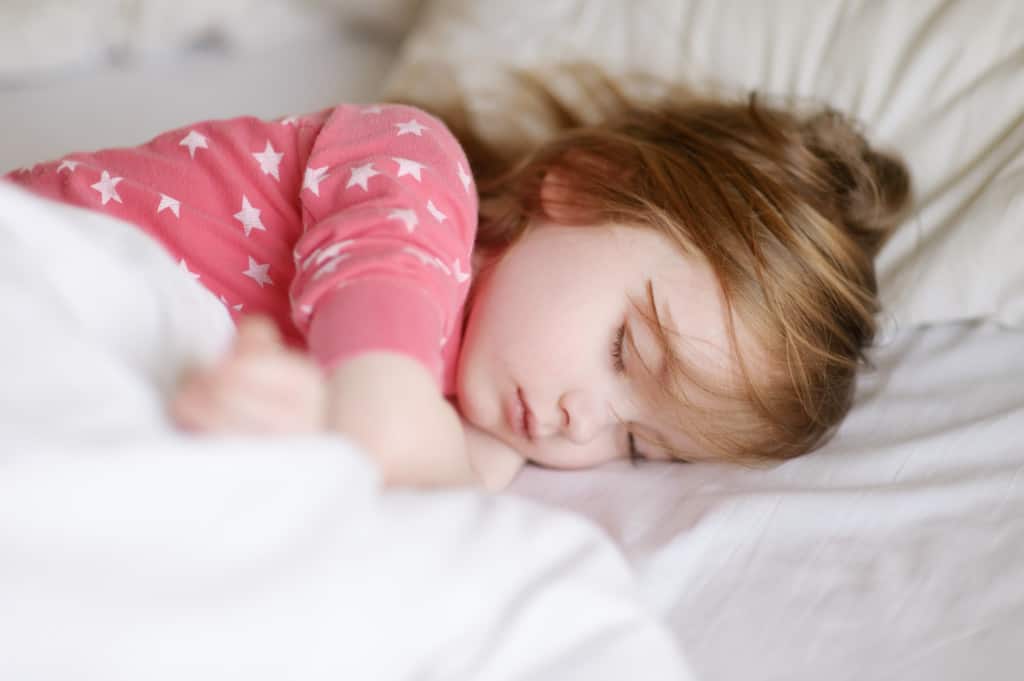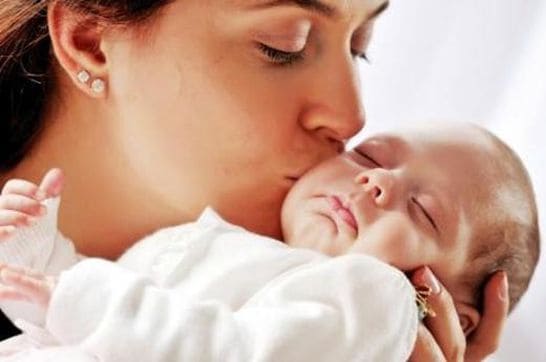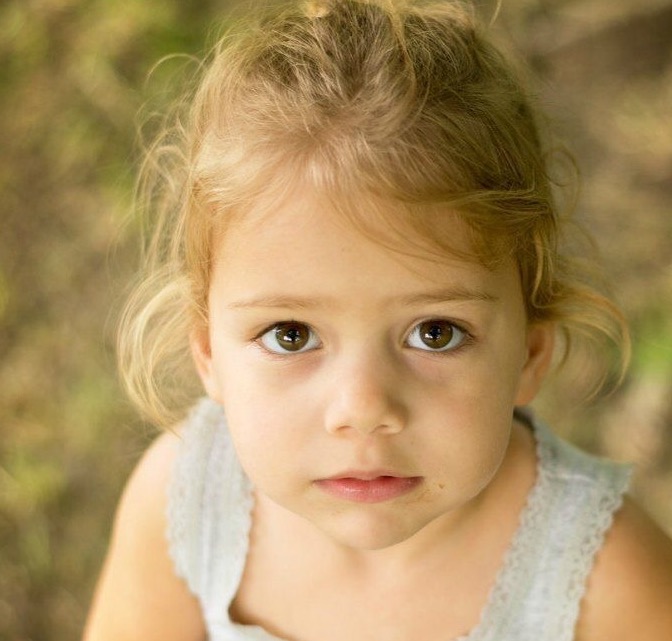Involuntary urination in children is a disease or a normal condition?

Involuntary urination in children, is it a sick condition that needs treatment, or is it a normal condition?
Many mothers complain that their children urinate involuntary during the night, despite the fact that these children are able to control their bladder during the day. Some of them believe that this urination is a disease, and others believe that the child is lazy and fails to get up during the night and go to the bathroom, and blames the child for this event.
First, as a mother, you should know that feeling the need to urinate and wake up, therefore, requires a nervous connection between the full bladder and the child’s brain. This connection needs up to the age of 4 years to be fully established in most children. But 10% of children need up to the age of 7 sometimes.
There are two types of bedwetting:
1) The child is not used to urinating in the bathroom during the night (the post talks about this type).
2) The child got used to urinating in the bathroom during the night and stopped wetting the bed for a period of time such as months, then returned to bedwetting (you should consult a doctor immediately, often there is a disease).
- the reasons:
1) Genetic causes: If one of the parents suffers from bed-wetting, there is a 50% chance that the children will suffer. If both sides suffer from it, there is a 75% chance that the children will suffer.
2) Child's bladder is too small: it is not a disease, but it grows at a slow rate. When it reaches its full size, the child stops involuntary nocturnal urination.
3) The neural link between the brain and the full bladder is incomplete: it is not a disease, and when the link is complete, the child stops involuntary urination.
4) Production of a large amount of urine: the pituitary gland in the brain secretes a hormone that reduces urine production. It is secreted inside the body, especially during sleep. The lack of hormone secretion due to the incomplete development of the gland in the child leads to the production of large quantities of urine and thus involuntary urination, the child will stop urinating When the pituitary gland completes its growth and production of this hormone is completed, and therefore less urine is produced during sleep.
5) Interruption of breathing during sleep (do not panic the name is more fearful than the verb): Example: sinusitis or tonsillitis may constitute an obstacle to a child’s breathing, especially during sleep. A very short time passes without breathing, during which the heart secretes a substance that causes the formation of a large amount of urine, and involuntary urination occurs. The child stops involuntary urination when the cause of respiratory arrest is eliminated.
6) Absorption: stool collecting in the intestines in large quantities presses on the bladder, causing involuntary urination. Involuntary urination stops when the lactams are removed.
7) Psychological reasons: You need a post alone.
8) Infantile diabetes: needs treatment.
All the reasons I mentioned are not in the child's control, so he should never be blamed.
In the event that your child has bedwetting, the doctor must immediately and obtain the appropriate diagnosis and treatment for the child's condition.






